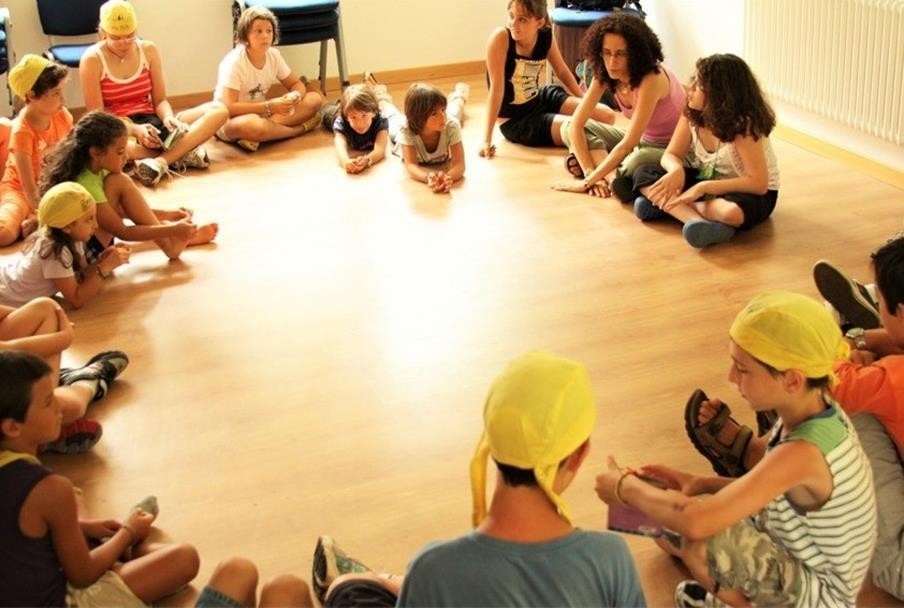The role of religious affiliation in migrant lives: a socio-anthropological investigation in the Bangladeshi community of Rome
DOI:
https://doi.org/10.6092/issn.2420-8175/14976Keywords:
Bangladeshi migrants, Islam, urban space, prayer rooms, Tor PignattaraAbstract
This paper questions the role played by religious affiliation in the migratory experience, examining, specifically, the Islamic community of Bangladeshi migrants in Rome, which has been observed in the urban space of the multicultural district of Tor Pignattara. Starting from the results of an ethnographic research on the local Bangladeshi mosques, the investigation focuses on the intolerance with which the diffusion of Islamic places of worship in the Italian urban landscape is generally received, highlighting the deep implications that attitudes of closure can have at the institutional level on the actual social and political recognition of Islam in the reality of the territory. By observing the prayer halls of Tor Pignattara, it is possible to highlight the complexity of the functions they perform, which go far beyond the spiritual sphere, and elevate religious institutions in the contexts of arrival to essential points of reference for the integration of Muslim believers in the Italian social fabric.
Downloads
Published
How to Cite
Issue
Section
License
Copyright (c) 2022 Arianna Corte

This work is licensed under a Creative Commons Attribution 4.0 International License.




